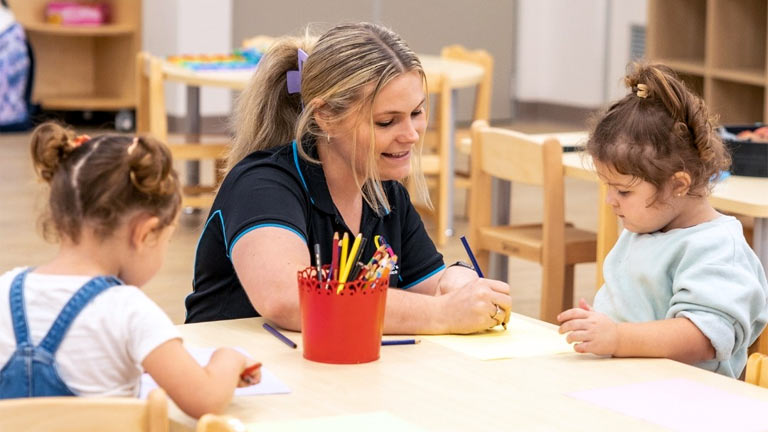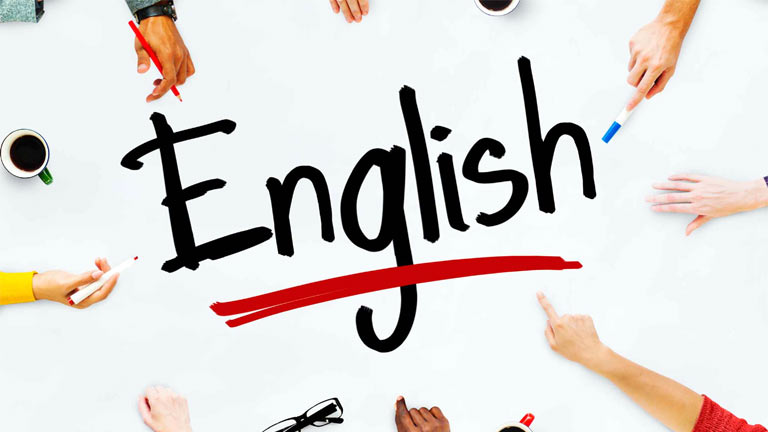
When it comes to childcare, effective communication between parents and caregivers is vital for ensuring the well-being and development of children. Open and consistent communication builds trust, strengthens relationships, and creates a collaborative environment where parents and childcare providers can work together in the child’s best interest. Learn about the importance of childcare communication, key benefits, and practical strategies to foster effective communication between parents and providers.
Building Trust and Peace of Mind
Clear and regular communication between parents and childcare providers fosters trust and lets parents know they are well-informed about their child’s daily experiences, routines, and progress. When parents receive updates on their child’s activities, meals, naps, and milestones, they feel more connected to their child’s daily life and can trust that their child is in capable hands. This trust creates a positive foundation for the parent-provider relationship.
Promoting Consistency and Routine
Consistent communication helps establish a shared understanding of a child’s routines and preferences. Parents and caregivers can maintain consistency in a child’s routine across different environments by exchanging information about sleep schedules, eating habits, allergies, and developmental milestones. This continuity promotes a sense of security and stability for the child, which is crucial for their overall well-being and development.
Addressing Individual Needs
Effective communication allows parents and caregivers to address and accommodate a child’s needs. By sharing information about allergies, medical conditions, behavioural patterns, or any specific requirements, parents can ensure that the childcare environment is tailored to their child’s unique needs. Regular communication also provides an opportunity to discuss any concerns, challenges, or changes in a child’s behaviour, allowing for timely intervention and support.
Sharing Developmental Milestones
Childhood is a time of rapid growth and development. Regular communication between parents and childcare providers enables sharing of developmental milestones and achievements. This collaboration ensures that parents stay informed about their child’s progress and can actively participate in supporting their development. By working together, parents and caregivers can identify areas where additional attention or stimulation may benefit the child’s growth.
Addressing Concerns and Challenges
Communication serves as a platform for addressing concerns, challenges, or issues that may arise in childcare settings. It allows parents and caregivers to have open and honest conversations about difficulties the child may face, such as behavioural issues, social interactions, or adjustment periods. Through effective communication, parents and providers can collaborate on strategies and support systems to help the child navigate these challenges.
Sharing Important Updates and Policies
Childcare providers must inform parents about policy changes, schedules, or upcoming events. Effective communication ensures that parents are aware of important updates regarding holidays, closures, field trips, or any changes in operating procedures. This transparency allows parents to plan accordingly and ensures everyone is on the same page regarding the child’s care and well-being.
Encouraging Collaboration and Parental Involvement
Communication between parents and childcare providers encourages collaboration and actively invites parents to participate in their child’s care. It creates opportunities for parents to share insights, preferences, or suggestions, fostering a partnership with the childcare provider. Engaged parents can contribute valuable information about their child’s interests, hobbies, or cultural background, enhancing the childcare experience and promoting a sense of belonging for the child.
Embracing Multiple Communication Channels
To cater to diverse communication preferences, childcare providers should offer various communication channels. These may include in-person conversations, daily written reports, emails, texts, phone calls, or dedicated parent-teacher meetings. A combination of different communication methods allows parents and providers to choose the most convenient and effective way to connect, ensuring that communication is frequent, accessible, and responsive to individual needs.
Active Listening and Respectful Dialogue
Effective communication is a two-way process that involves active listening and respectful dialogue. Both parents and childcare providers should actively listen to each other’s perspectives, concerns, and suggestions. Encouraging open and non-judgmental communication creates a supportive environment where everyone’s voices are heard and respected. It promotes collaboration, understanding, and a shared commitment to the child’s well-being.
Emphasizing Positive Feedback and Celebrations
Communication should not solely focus on challenges or concerns. It is equally important to celebrate successes, milestones, and positive experiences. Sharing positive feedback and celebrating achievements strengthens the parent-provider relationship and reinforces the child’s self-esteem and motivation. Acknowledging and highlighting positive moments in a child’s journey fosters a sense of joy, support, and encouragement.
Effective communication is essential for establishing a strong partnership between parents and childcare providers. By fostering trust, promoting consistency, addressing individual needs, sharing developmental milestones, and addressing concerns, communication becomes a powerful tool in creating a nurturing and supportive environment for children. Embracing multiple communication channels, active listening, respectful dialogue, and emphasizing positive feedback further enriches the parent-provider relationship. When parents and childcare providers work together with open and consistent communication, they ensure the well-being, growth, and happiness of the children they care for.




